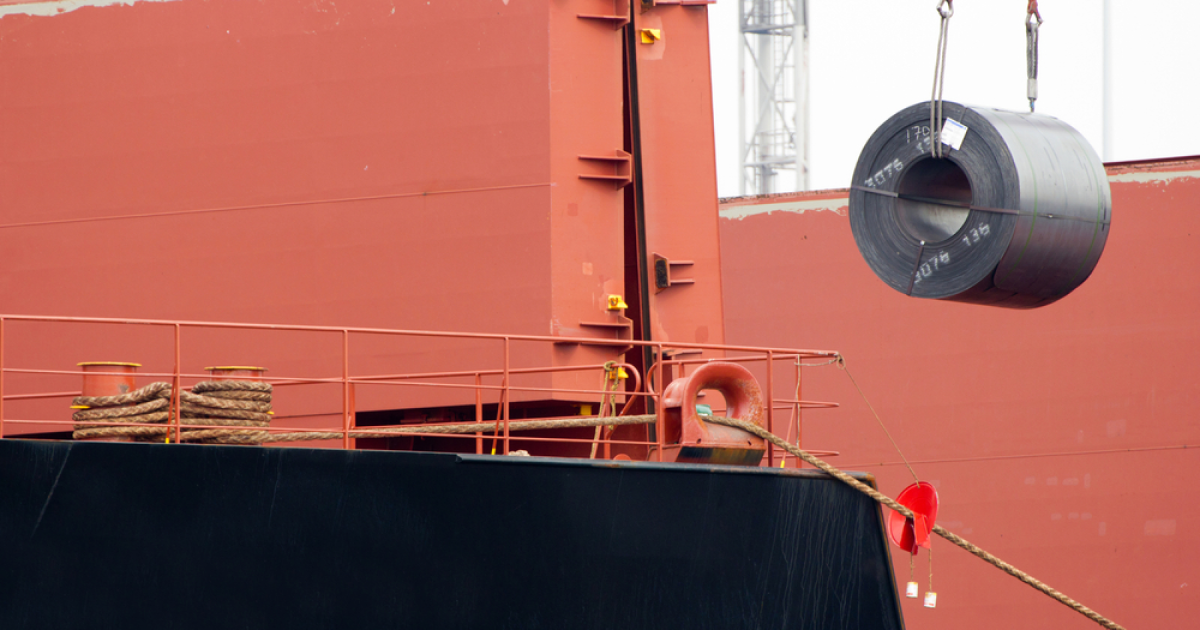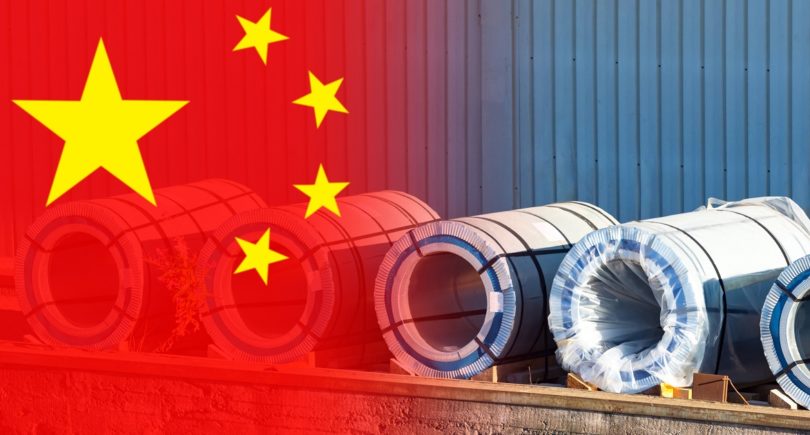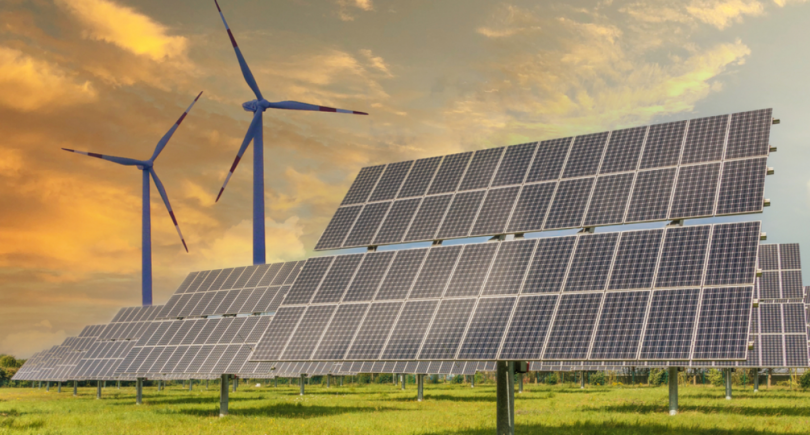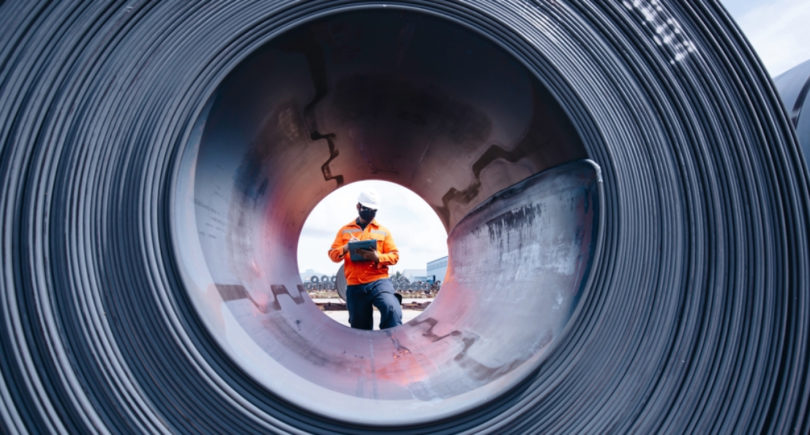
News Global Market protective measures 617 05 March 2024
The industry notes that the United States is not keeping pace with efforts by China and other countries to evade import tariffs
The American Iron and Steel Institute (AISI) is once again calling on Congress to take steps to update US trade remedy legislation. According to steelmakers, it is not keeping pace with the efforts of China and other countries to circumvent import duties, S&P Global reports.
As AISI CEO Kevin Dempsey noted in an interview with S&P Global, there are very few trade bills at the moment. Lawmakers are interested in addressing trade issues However, according to Dempsey, any laws that do not include measures to improve enforcement will be incomplete.
Recently, AISI sent a letter to the leaders of the House and Senate Ways and Means Committees to justify the need to pass the Playing Field 2.0 Act, which was supported by the steel industry.
This document, in particular, may give the US Department of Commerce the authority to use the countervailing duty law to address the problem of cross-border subsidization. It also addresses the issue of the lack of statutory deadlines for investigations into the circumvention of safeguard measures. According to AISI, this leads to significant delays in industry’s attempts to obtain protection from dumped and subsidized imports.
According to Dempsey, the adoption of these measures is now critical in connection with China’s Belt and Road Initiative, as it is used to subsidize Chinese steel producers in the construction of new facilities outside of China and Southeast Asia.
The US steel industry has successfully won more than 150 anti-dumping and countervailing trade cases. However, according to Dempsey, without updating trade remedy legislation, loopholes for duty evasion will continue to exist.
Moving forward with the Playing Field 2.0 Act is the best way to prevent new attempts to circumvent safeguards. However, as the AISI CEO noted, it will not be able to fully address the problems associated with unfair steel trade if the legislation does not keep pace with changes in the market.
As GMK Center reported earlier, last December, groups representing US steelmakers called for legislation in 2024 to support domestic demand and limit imports of carbon-intensive steel from countries such as China. The industry supports the introduction of a cross-border carbon tax in the United States. However, American steelmakers do not approve of the introduction of a levy on domestic production.



